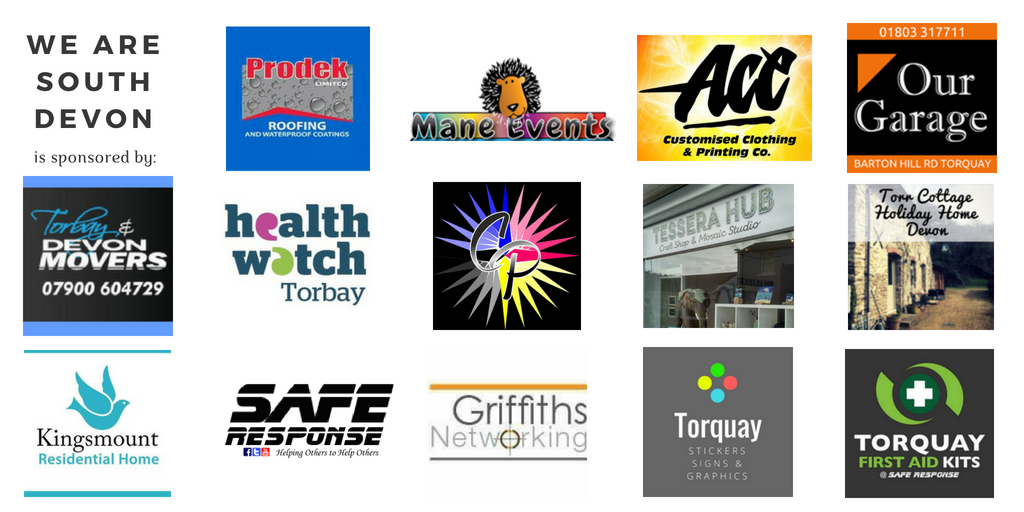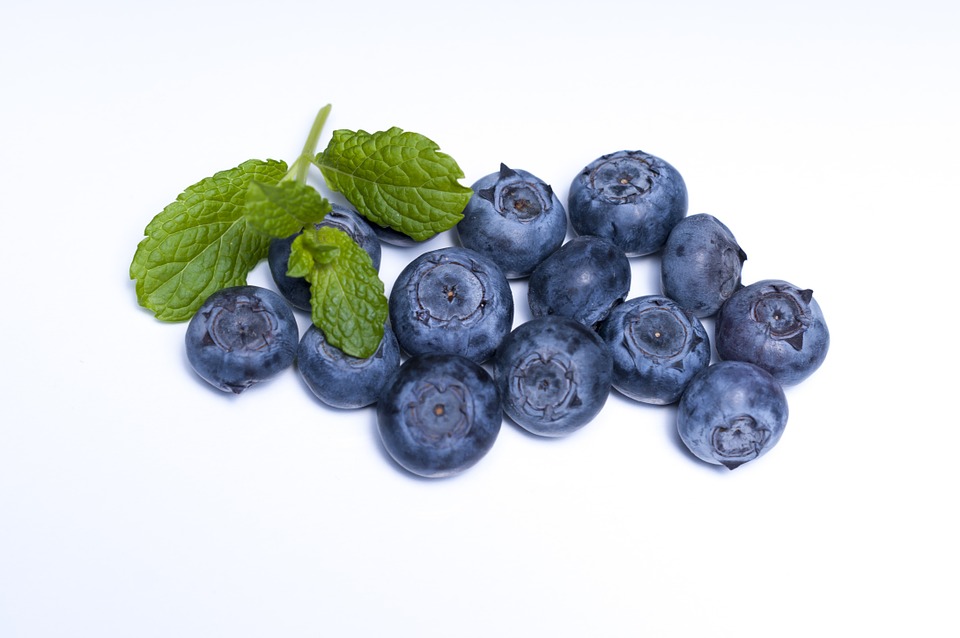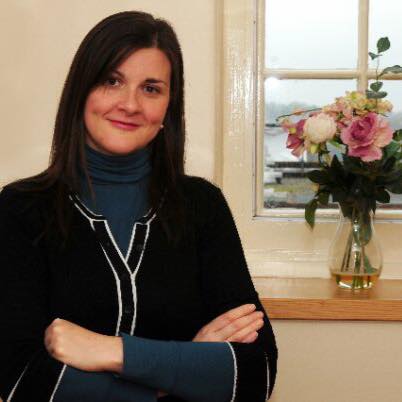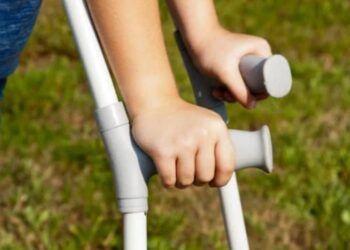When people think of Macmillan Cancer Support, they often think of Macmillan nurses. However, the cancer charity funds and supports not only nurses, but a wide range of health and social care professionals, including dietitians.
People diagnosed with cancer can suffer nutritionally due to the effects of their cancer, and its treatment can cause problems with food and eating: – chemotherapy and radiotherapy might cause someone to lose their sense of taste, and the actual site of someone’s cancer and make it difficult for them to swallow or process food.
That’s why Macmillan has funded cancer-specialist dietitians in South Devon. Macmillan dietitians provide support at all stages of the cancer journey, including recovery. They help people diagnosed with cancer manage difficulties with their diet, eating and swallowing. As well as improving their physical health, dietetic support helps people living with cancer to feel more like themselves during such a difficult time.
Research suggest that following a plant-based diet may reduce the risk of certain cancers. But is swapping burgers for broccoli really the way to go?
This Dietitians Week, Macmillan Dietitian Fiona Ross, who leads a team of three Macmillan Dietitians at Torbay and South Devon NHS Foundation Trust, wants to combat diet myths often associated with preventing certain diseases, and help people in South Devon better understand what a healthy diet should include.
Fiona Ross says, “In my work providing nutritional advice and support for cancer patients across South Devon, I hear a lot of confusing myths around diet and cancer. To help people beat the confusion here are five of the most common and the practical advice I give patients:
1. Does Sugar or artificial sweeteners increase my risk of cancer?
There is no strong evidence to directly link sugar or artificial sweeteners to cancer risk. An idea that we see a lot is that sugar feeds cancer cells. All carbohydrates whether from cake or a carrot get broken down in our digestive system to release glucose and fructose. They get absorbed into the bloodstream to provide us with energy to live. Our healthy cells and cancer cells both use glucose for energy. There is currently a lot of research in this area hoping to exploit the way cells use energy to develop better treatments for cancer.
However foods that are high in added sugar also tend to be high in calories, and sometimes fat, without being nutritious or filling. Eating high-calorie foods too often in large quantities can lead to weight gain, and there is strong evidence that being overweight or obese increases the risk of developing 12 cancers. That is why we recommend for the general population reducing high calorie foods and avoiding sugary drinks and eating a healthy balanced diet that is rich in nutritious and filling foods such as wholegrains, fruit, vegetables and pulses. Sometimes during treatment for cancer patients will be advised to consume a high –calorie diet to help their body cope with the demands of treatment.
2. What are superfoods and will they lower my risk of cancer?
Green tea, blueberries, broccoli, beetroot…… are on of a long list of foods which have been described as superfoods at one time or another. There is no such thing as superfood as it is a marketing term used to sell products and has no scientific basis. Consuming a range of healthy fruit and vegetables, wholegrains, keeping a healthy bodyweight and cutting back on alcohol and not smoking are all ways to reduce your risk of developing cancer.
3. Will I benefit from eating organic foods?
Organic fruit and vegetables are grown without using artificial fertilisers, pesticides or other chemicals. Although organic foods are often more expensive, they are increasingly popular because of media claims that organic produce is more nutritious and that artificial fertilisers and pesticides may increase the risk of some diseases including cancer.
However there is currently no strong evidence to support the idea that organic foods can help protect against cancer compared with conventionally grown produce. The UK has regulations on the amount of pesticides in food to make sure their levels are well within safe limits.
So when it comes to eating well for cancer prevention enjoy fruit, vegetables, wholegrains and pulses however you can – fresh, frozen, canned, conventional or organic are all good for you!
4. Should I become vegetarian to lower my risk of cancer?
There is currently no evidence linking fish or lean poultry to an increased cancer risk so the WCRF (World Cancer Research Fund) do not suggest cutting out meat and other animal products to lower cancer risk. A diet which includes plenty of wholegrains, pulses, fruit and vegetables and limits red meat consumption to no more that 350-500g (cooked weight) per week is recommended. Fish and meat can be an important source of nutrients as part of a balanced diet but a vegetarian diet can also be healthy providing it’s nutritionally balanced.
5. Will taking a dietary supplement protect me against cancer and cancer recurrence?
There is currently no strong evidence that dietary supplements can reduce the risk of cancer, cancer recurrence or improve the likelihood of survival. The best approach is to obtain essential nutrients from a varied range of foods as opposed to supplements. Some dietary supplements may be indicated where there is an identified clinical need (such as calcium and vitamin D in osteoporosis), or when someone is unable to manage a normal, balanced diet), and in such cases a doctor, dietitian or specialist nurse can offer advice.
For more information on diet and cancer, visit www.macmillan.org.uk. You can also find recipes here: www.wcrf-uk.org.

You can join us on our social media pages, follow us on Facebook or Twitter and keep up to date with whats going on in South Devon.
Got a news story, blog or press release that you’d like to share or want to advertise with us? Contact us



























